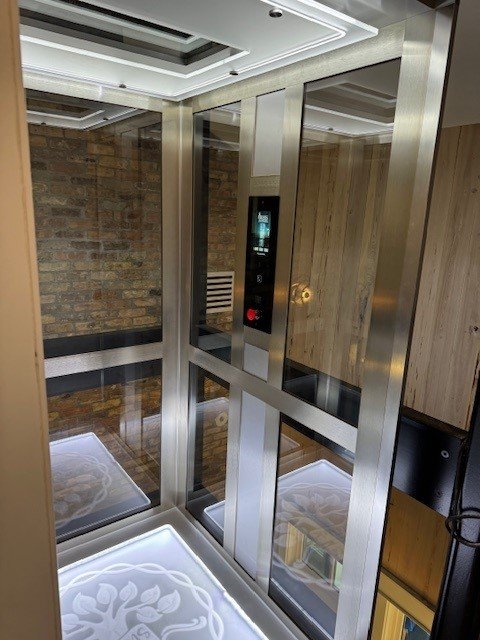Preparing For Elevator Inspections
A residential elevator may seem like a feature reserved for the rich and famous, but it can be essential for those with mobility issues to get around their homes. Beyond those who need a home elevator for practical purposes, 25% of homeowners who responded to a recent survey from the National Associate of Home Builders listed elevators as a desirable or essential feature. When you have an elevator in a residential home, it still needs regular inspections. An annual inspection is usually recommended, although the exact regulations vary state to state. The next time you schedule an elevator inspection, know exactly what to expect and how to prepare.
How Can I Prepare For An Inspection?
One basic way to prepare for an inspection of your home elevator is to know the elevator service history. When you know the details of your elevator’s last inspection and can convey that information to the elevator company, you’ll speed up the entire inspection process. Here are some quick and easy steps you can take before your next inspection to make sure it goes smoothly.
Vacuum the elevator’s vents and sill grooves.
Eliminate snags in rugs or other tripping hazards.
Check for working light bulbs in the elevator.
Make sure there is an up-to-date operating certificate in the elevator car.
While you ride in the elevator, listen for unusual noises and note if it is a rough ride.
Test the phone.
Clean the machine room and ensure its door closes and locks automatically.
What Can I Expect During An Inspection?
Elevator companies perform inspections and while they are there, to ensure that the elevator is working properly, they also check to ensure it complies with local fire and safety codes. During an elevator inspection, you can typically expect the technicians to:
Check for a code-compliant way of accessing the machine room.
Ensure there is a wall-mounted fire extinguisher in the machine room.
Check for permanent hall lighting at each landing entrance of the elevator.
Make sure there is furnished flooring in the elevator cab.
Check for smoke detectors.
An inspection for a home elevator is no less official than for one in a commercial building. To ensure that everyone in your home will be safe while using the elevator, schedule your inspection today.

